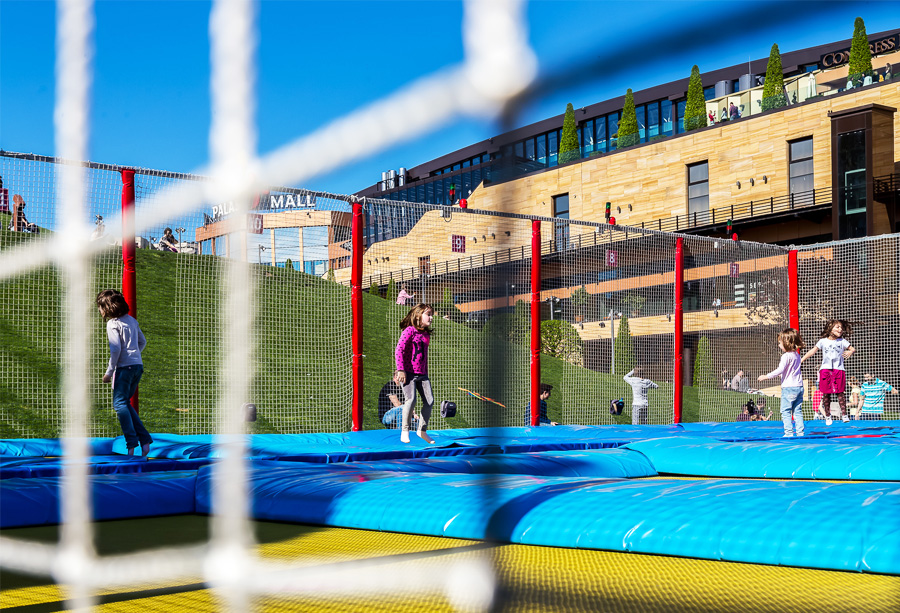PLAY IS A SERIOUS BUSINESS!
PLAY IS A SERIOUS BUSINESS!
HEALTH BENEFITS OF PLAY
Children love spending their time playing: it might seem just an ordinary distraction, but since researchers, and even philosophers, keep studying its causes, effects and correlations, maybe it is not so. After decades of research and trials, the world of science now agrees that play actually positively influences the child’s cognitive, social, sensory, physical and emotional development.
The aspects most benefiting from this activity are:
- Problem solving. By playing, children - who directly and autonomously solve new situations - develop problem solving abilities, useful to face the little obstacles coming up in everyday life.
- Divergent thinking. Play helps kids to have a flexible approach towards life. This helps them create a repertoire of new skills, reactions and connections with the world around them.
- Language. Experts say playing - which is a symbolic language itself - helps language development.
- Integration and cooperation. From a social perspective, playing establishes and improves cohesiveness, called “social affinity”, within a group: it was highlighted how playing is not widespread among adults, whose social relationships are already well defined. Moreover, playing is one of the major drivers for social integration and cooperation, and a promoter of the affectional system.
- Social skills. Toddlers start learning the so-called social skills through play, at the same time they learn to expect human reactions and the main social patterns.
- Anxiety reduction. A peculiar aspect which has already been observed by Sigmund Freud, the father of psychoanalysis, is the capability to reduce anxiety; by playing, children experience upsetting events that they learn to overcome through their repetition. This gets them used to other unexpected life events.
- Sensorial sphere. Playing often implies handling objects, especially at a tender age: this task allows toddlers to become aware of shapes, textures and the different uses and applications they have in everyday life. This supports the development of the child’s sensorial sphere.
- Maintenance of ideal weight. Kids and young people should carry out one hour of aerobic activity every day: jumping on a trampoline or climbing, are all activities that increase heart rate, thus contributing to an healthy level of fitness.
- Sensitivity. Although they still cannot speak, children can express their feelings while playing. One of the greatest challenges they face during play is sharing: sharing objects, toys, spaces, ideas… Who has never seen a baby cry because someone “stole” his/her toy?!
Many skills and capabilities supported by leisure activities belong to the list of the so-called “life skills” that, according to the WHO (World Health Organization), help achieve a flexible attitude. The ability to adapt is deemed necessary to face social, sensitive and cognitive dynamics of everyday life.
Admit it, you feel like playing now, don’t you? Contact us at info@somersault.com or call +39 085.800.3816 and share your idea with us!
Click here and take a look at what we can do!
 Italiano
Italiano
 English
English
 Pусский
Pусский

